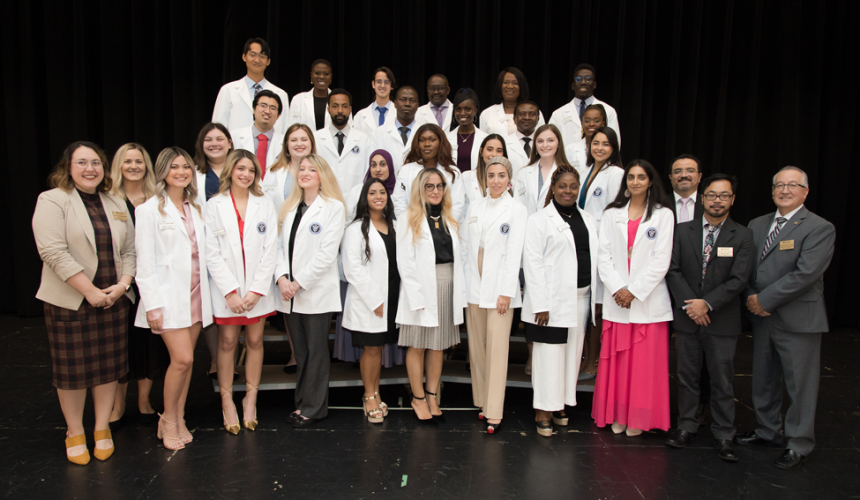Faculty and Staff
With greater numbers of America’s population aging, and growing advances in medicine creating more pharmaceutical products, our country is facing a critical shortage in one area of health care delivery—qualified pharmacists.
The School of Pharmacy, which offers the Doctor of Pharmacy degree, is comprised of three academic units:
- Department of Clinical and Administrative Sciences
- Department of Pharmaceutical Sciences
- Office of Experiential Education


